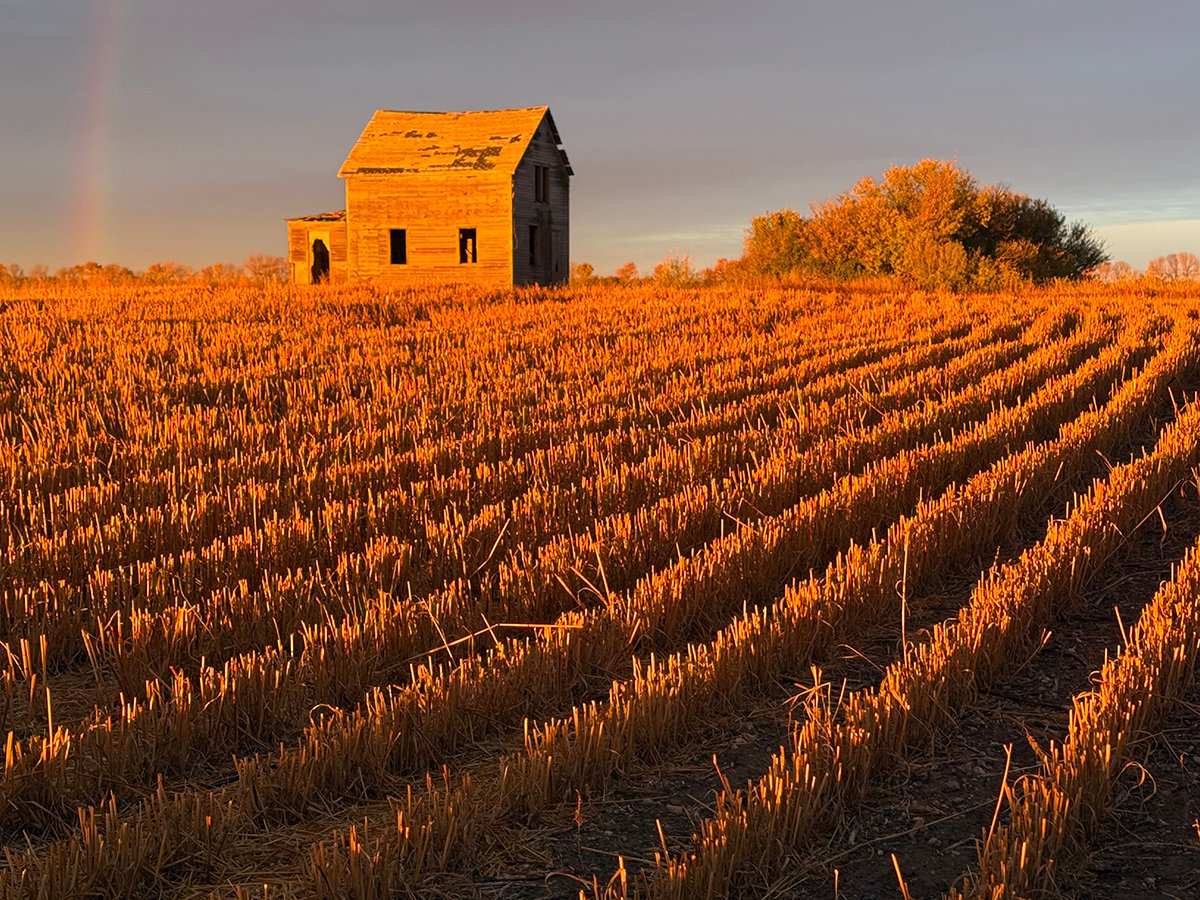ELIE, Man. – On an overcast day at the end of August, the smell of harvest was in the air as combines furiously mowed fields before an anticipated rain.
But in this field about 40 kilometres west of Winnipeg, the rush wasn’t to take off grain or oilseeds.
Instead, three Caterpillar Challenger tractors raced at speeds of about 20 km-h, pulling Hesston balers, spitting out 495-kilogram bales of wheat straw.
In another field closer to town, workers were adding to a 5,000-bale monolith.
“I don’t know for a fact, but I bet that’s the biggest pile of straw in Western Canada,” crowed Don Petkau, manager of straw operations for Isobord Enterprises Inc. “You can see a long ways from up there.”
Read Also

Forecast leans toward cooling trend
July saw below average temperatures, August came in with near to slightly above average temperatures and September built on this warming trend with well above average temperatures for the month.
Large volumes
The Toronto-based company is building a plant nearby that will eat up 1,000 bales of cereal straw a day and digest it into particleboard.
By the end of the plant’s harvest, 12 stacks of 13,000 bales each will be piled on beds of moisture-absorbing flax shives and covered with tarps in anticipation of Isobord’s commissioning next summer.
Farmers who belong to the Straw Producers Co-op of Manitoba Ltd. will get $7.75 per tonne this year for something they would normally burn or till into their fields.
“For once, it gives farmers a real option for the burning issue,” said Petkau.
Burning is restricted to certain hours by the Manitoba government, particularly close to Winnipeg, because of complaints of pollution, unsafe driving conditions, and allergic reactions.
This year, 265 farmers contracted 72,000 acres of straw to the plant and more than 100 others have lined up contracts for future years.
Co-op manager Mac McCorquodale estimates there’s at least 800,000 acres of wheat grown each year from Portage la Prairie east to Beausejour, from Stone-wall south to the U.S. border.
When the plant is in full swing, co-op members will provide 180,000 tonnes of straw. The pay is expected to increase to $9.45 by 2003, when their contract expires.
The co-op ran a membership drive earlier this summer, seeking more members. But some farmers want to see results before committing themselves to the project.
“It’s been a big boost seeing the building going up here,” said Petkau.
Some little, some lots
Many farmers signed up for the minimum of 100 acres, said McCorquodale. One farmer has contracted 2,800 tonnes.
But when they saw their cleared fields, farmers buried baling dispatchers in offers of more straw, he said.
In six months, he expects the co-op will be closed to new members.
The co-op’s contracts have already had the effect of raising the price of straw to nearby mushroom farms, who used to pay $2 per tonne for the 10,000 tonnes they use for mulch, said Petkau.
McCorquodale said once the plant is well-established, the growers want to look for more ways to turn what was once a nuisance into extra cash.














